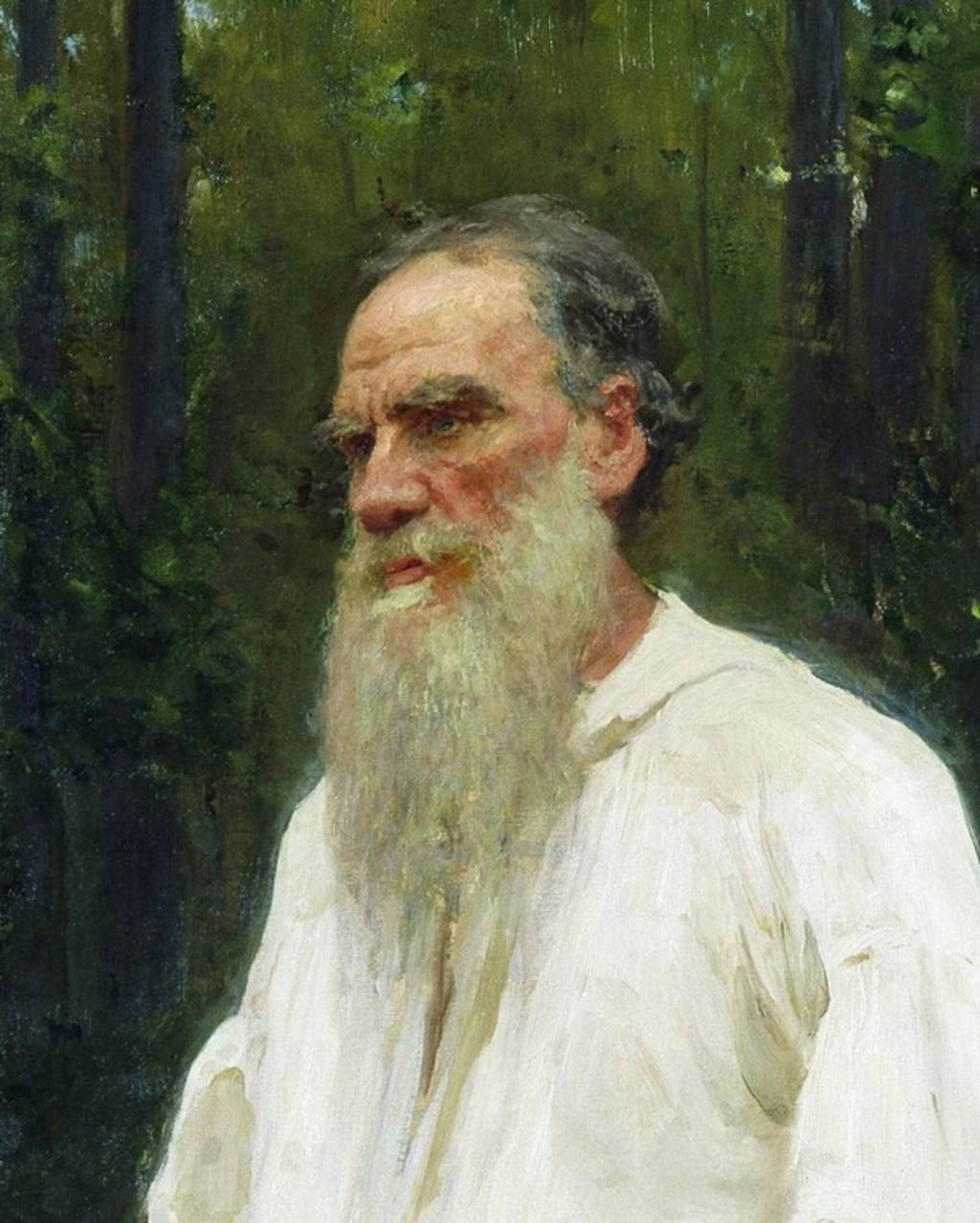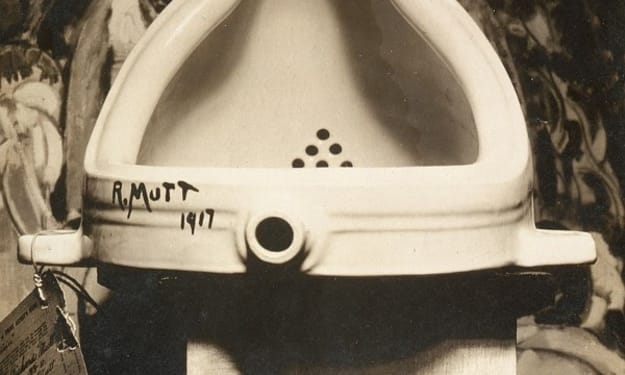How Tolstoy Battled His Depression
A journey through his book 'A Confession'

As Leo Tolstoy turned 50, he started experiencing an existential crisis and sank into a state of depression and melancholy. Despite being one of the wealthiest and most admired men in Russia, deep inside, he felt miserable. By this time, Tolstoy had already established his literary abilities and wrote two masterpieces War and Peace (1865–68) and Anna Karenina (1874–76). But he rejected his literary success and labeled his latter novel as "an abomination that no longer exists for me."
Just as he reached the worst phase of his life and started experiencing suicidal thoughts, he wanted to give himself that one last chance to see light amidst the darkness of his existence. And that's when he translated his mental turmoil into an autobiographical memoir The Confession. This book is the author's struggle with his mental health and tries to discover the answers to the ultimate philosophical questions-
"If God does not exist, since death is inevitable, what is the meaning of life?."
This article focuses on the trigger behind Tolstoy's depression, his general observation on how possibly others dealt with their mental health issues, and lastly, the solution to his mid-life existential crisis.
What triggered Tolstoy's depression?
The Confession was written when Tolstoy was 51. He gave an elaborate description of what he felt while he was in depression -
Life had grown hateful to me, and some insuperable force was leading me to seek deliverance from it by whatever means. I could not say that I wanted to kill myself. The force beckoning me away from life was a more powerful, complete, and overall desire. It was a force similar to my striving afterlife, only it was going in the other direction. I fought as hard as I could against life. The thought of suicide now came to me as naturally as thoughts of improving my life had previously come to me.
All this was happening to me at a time when I was surrounded on all sides by what is considered complete happiness: I was not yet fifty, I had a kind, loving, and beloved wife, lovely children, and a large estate that was growing and expanding with no effort on my part.
Tolstoy was unable to comprehend his feelings. In retrospection, he found that he always had a quest for a "perfect life" and a sense of competition with his peers.
I tried to perfect myself intellectually and studied everything I came upon in life. I tried to perfect my will, setting myself rules I tried to follow. I perfected myself physically, practicing all kinds of exercises in order to develop my strength and dexterity, and I cultivated endurance and patience by undergoing all kinds of hardship.
This path led him to come to a point where he felt his life was futile and death is inevitable.
Tolstoy's observation on how possibly others dealt with their mental health issues
Tolstoy identified four approaches that people might have used to address the "meaninglessness of life" -
• The first approach was ignorance and failing to identify that life is meaningless. People in this category may not have thought or do not think of a purpose in life.
• The second approach was Epicureanism. The people in this category think that life is ephemeral and enjoy the time one has. But Tolstoy felt that this approach encapsulates only those people who could afford a wealthy lifestyle and leave behind the section of society that necessary cannot live the "good life."
• The third approach was "suicide." The people who have understood the meaninglessness "act accordingly and bring an end to their life." Tolstoy confessed that he was too coward to do it.
• And the fourth approach in which he found himself was to stick to a worthless life knowing that nothing could come out of it.
What was Tolstoy's solution?
Tolstoy's despair and anxiety worsened when he realized that physical science and philosophy could not answer the most important question of his existence.
Gradually, he discovered that the people who are poor, uneducated, and endure hardship and suffering live the purest form of life. Even they spend most of their lives toiling yet they are "happy" in their lives. In contrast, Tolstoy found that people in his circle are rich but not satisfied.
Tolstoy observed that the more he understood the lives of poor people, the easier it became for him to live. Another enlightenment for him was to help the poor people and those who suffer.
He too must work for his existence, just as the animals do, but with the difference that he will perish if he does it alone, for he must work for existence, not just for himself, but for everyone.
Last thoughts
Tolstoy renounced his aristocratic lifestyle and lived the rest of his life preaching love, non-violence, and helping the peasants. He died of pneumonia at Astapovo railway station in 1910.
I understood that if I wish to understand life and its meaning, I must not live the life of a parasite, but must live a real-life, and - taking the meaning given to live by real humanity and merging myself in that life.
References
1. Leo Tolstoy on Finding Meaning in a Meaningless World
2. One Man's Journey Out of Depression Through Tolstoy's A Confession
About the Creator
Kamna Kirti
Art enthusiast. I engage with art at a deep level. I also share insights about entrepreneurship, founders & nascent technologies.
https://linktr.ee/kamnakirti






Comments
There are no comments for this story
Be the first to respond and start the conversation.